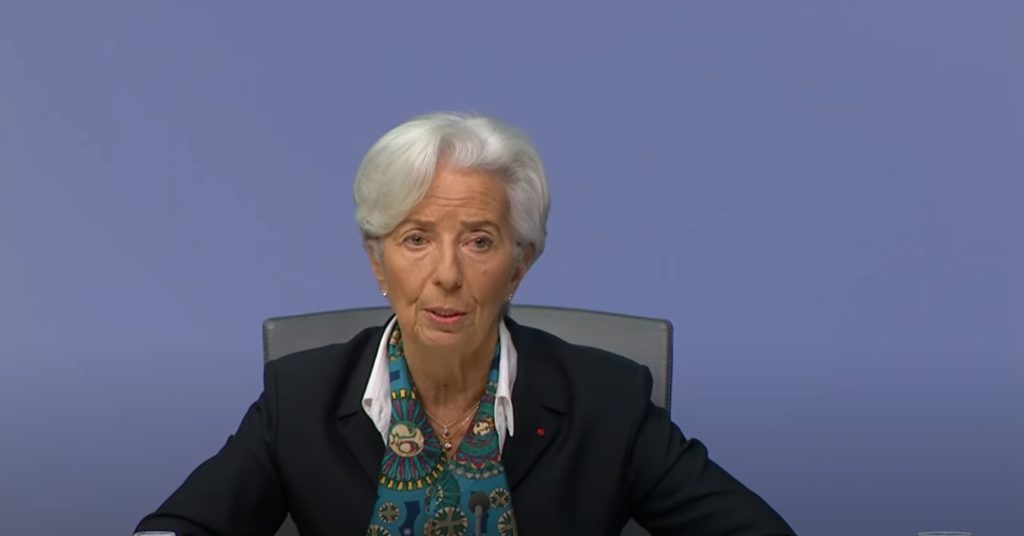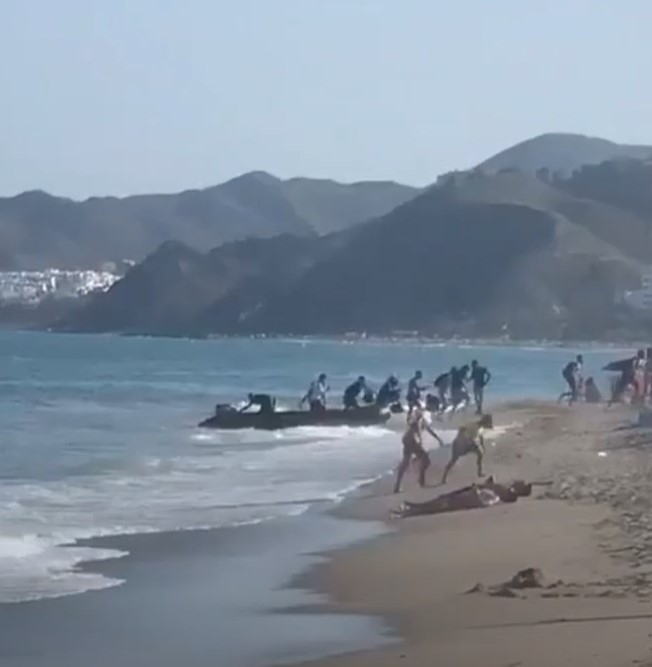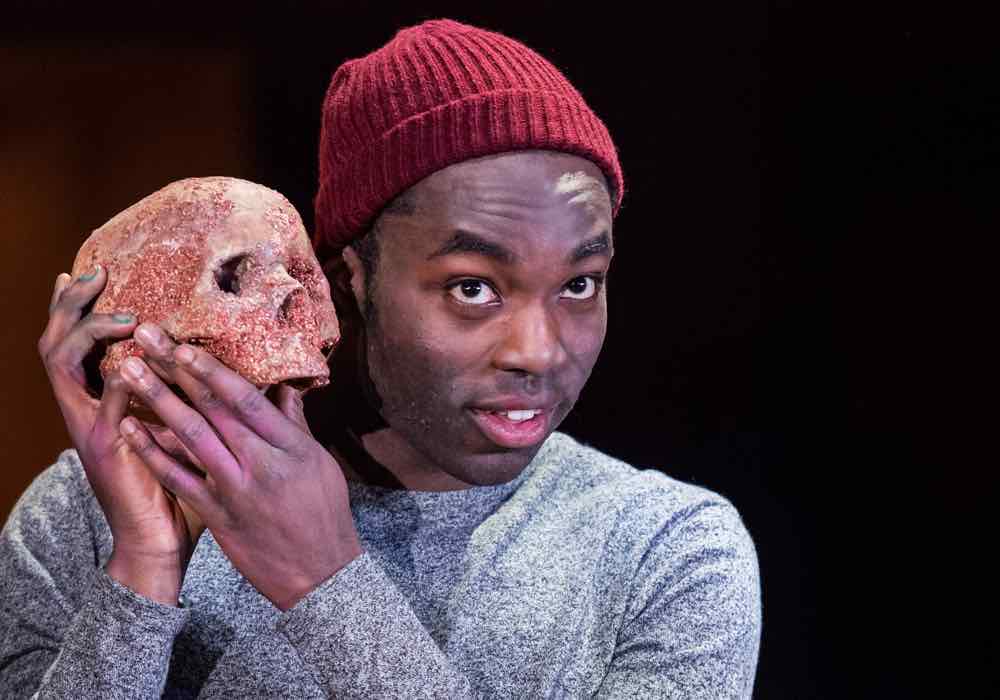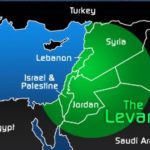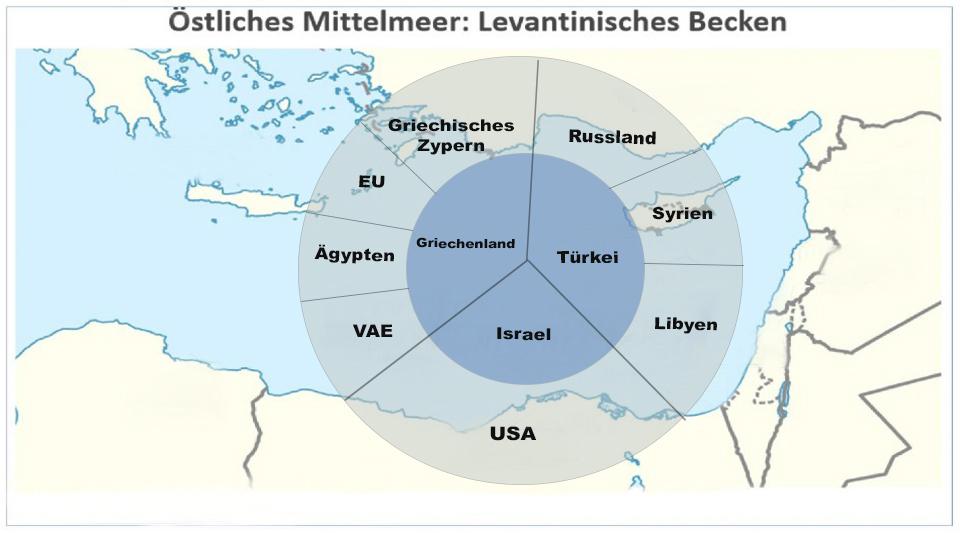The following will not be an original remark: the world runs on money like the automobile runs on fuel. We may follow the decisions of politicians and even engage ourselves in campaigning and voting for some of them, and not be aware that they all have strings attached and either consciously or unconsciously do what needs to be done. Nothing can be done without money. It is those who control its creation and circulation who exert an influence on decision making.
Gefira #47 seeks to analyze the money matters, focusing its attention on the Bank of International Settlements and the Vatican City Bank. The International Monetary Fund and the World Bank are rather familiar to anyone who is more or less interested in world affairs. The two topical banks are much less known. We present the reader with their history, financial machinations and under-the-counter activities. The analysis that we present – eye-opening though it is – is merely the tip of the iceberg of the pecuniary dimensions of our existence which is inaccessible to the man in the street.
Gefira Financial Bulletin #47 is available now
- Mysterious banks, states within states and other parallel worlds
- Bank for International Settlements: dark history, dark business
- Vatican City Bank
- HNA – China’s most aggressive bank or Soros’ Trojan horse against China’s finances



